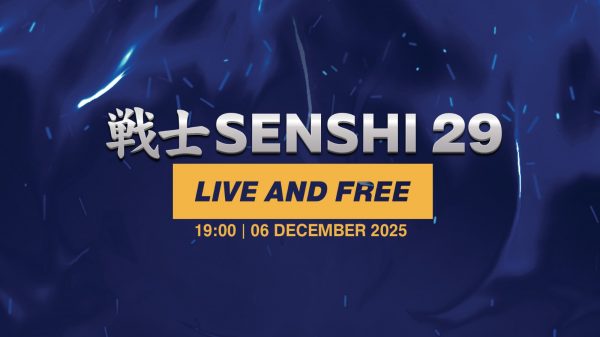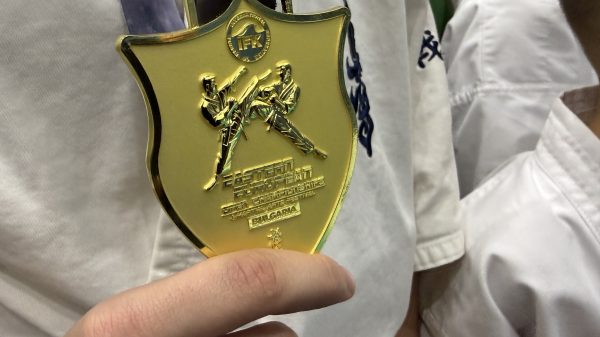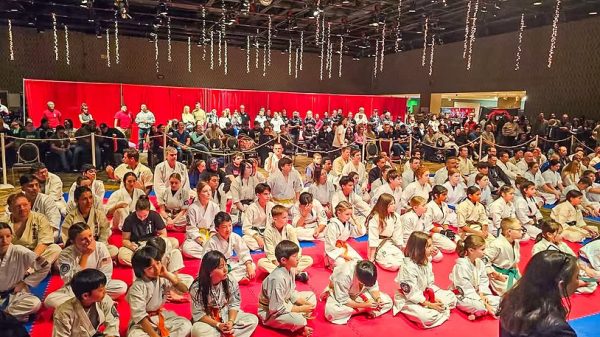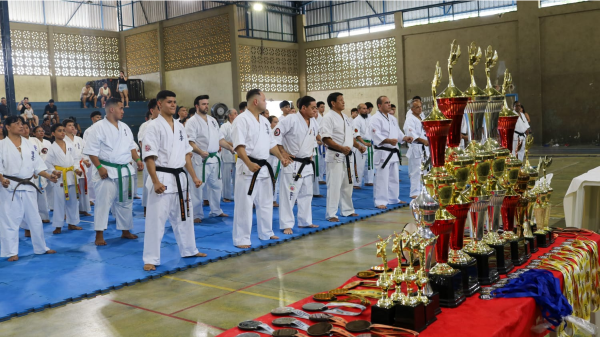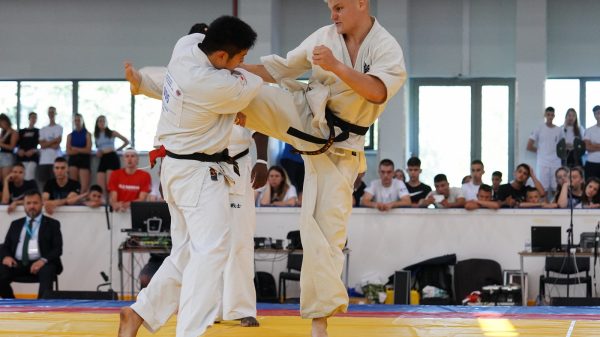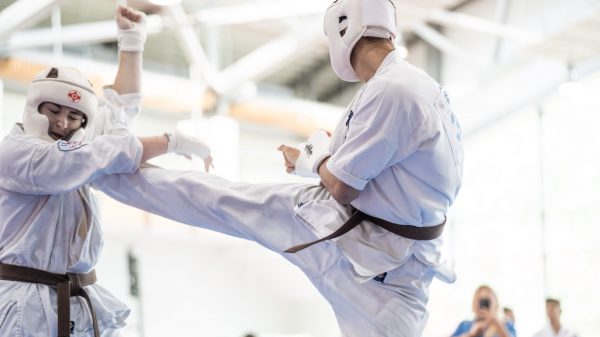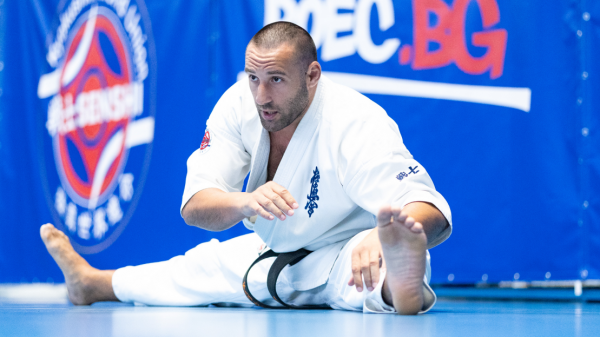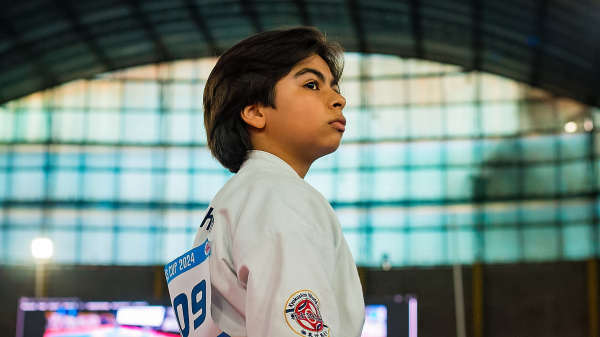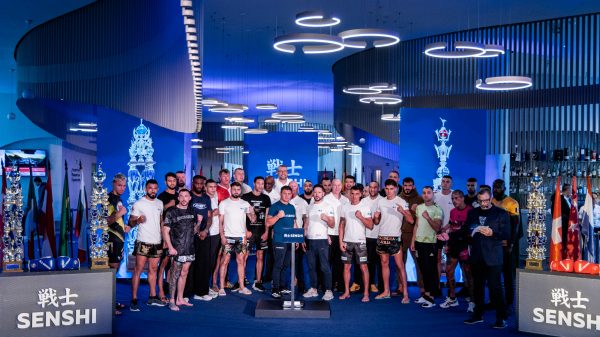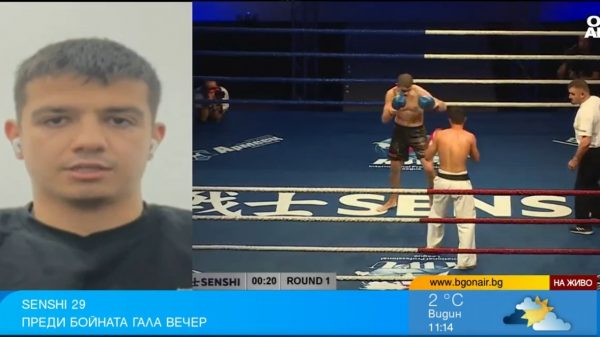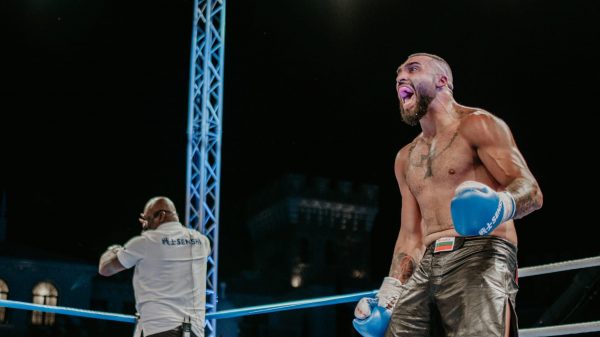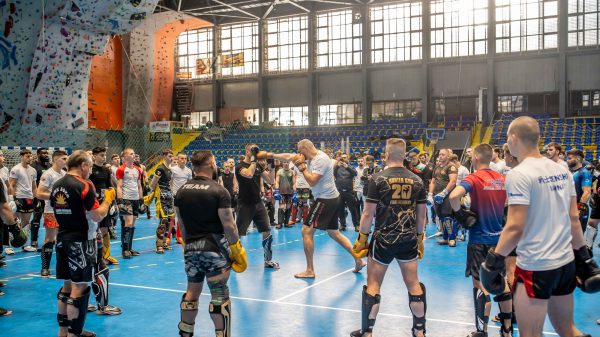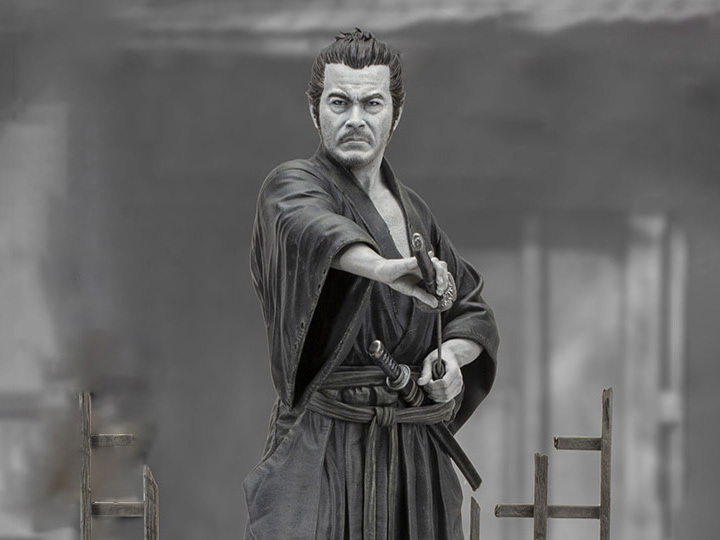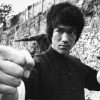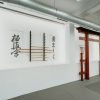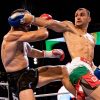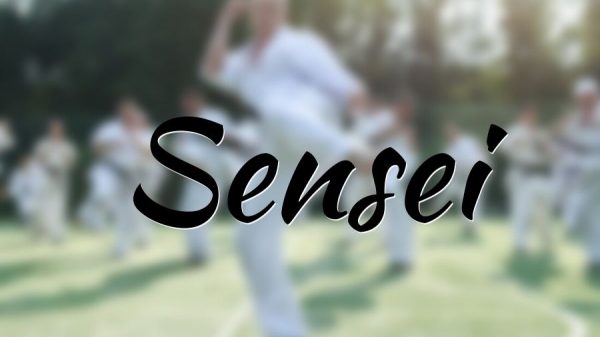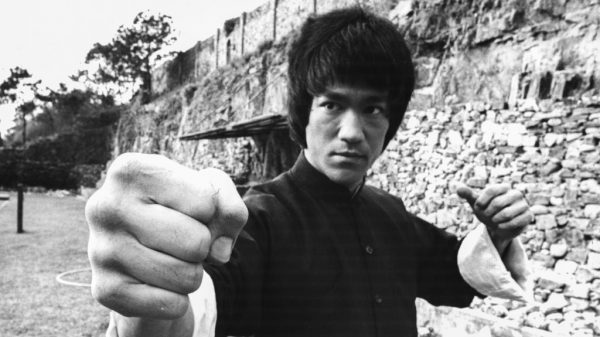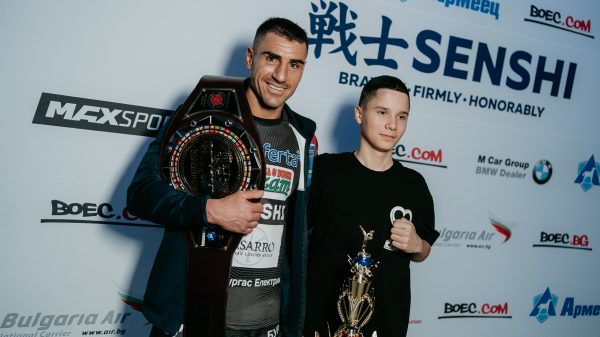Toshiro Mifune is one of the greatest actors of all time. An actor who could truly do it all. Making his name in Samurai films, Mifune is the
image you think of when you think samurai. Prior to Mifune, Samurai were clean-shaven, honorable men in pop culture. Mifune was different. He was gruff and bearded, he has a limp in his step and a squint in his eye. Put simply, there were samurai movies before Mifune and Samurai movies after Mifune.
Mifune had a long and storied career, with a wide variety of roles. He is most famous for his collaborations with Akira Kurosawa, often considered the greatest director of all time. They collaborated on multiple samurai films, including Seven Samurai and Yojimbo, but also crime dramas like The High and Low. Toshiro Mifune was always the leading man.
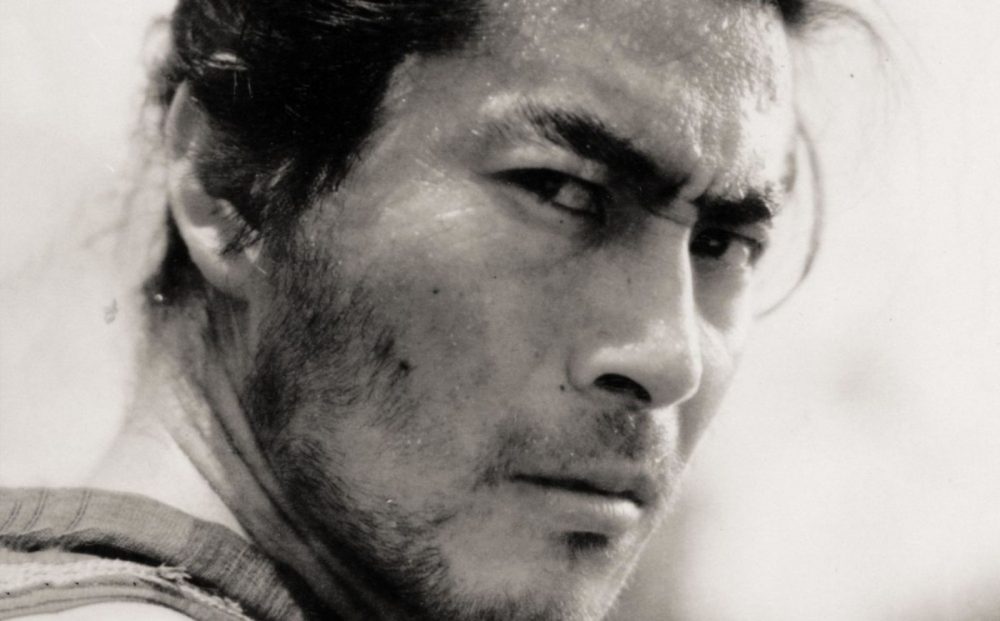
Yojimbo, perhaps his most famous role, saw him playing the samurai Sanjuro. This movie was illegally remade into “A Fistful of Dollars” with Clint Eastwood playing the archetypical man with no name. Even across genres, Mifune’s presence is felt, as the movie attempts to keep the essence of his performance as Sanjuro, with Eastwood channeling the same coarse, rough energy that made his samurai movies a success. Mifune was not only a game changer for the depiction of the samurai but became a huge defining influence on the Western genre, which began to move away from John Wayne-style adventures and started borrowing heavily from Kurosawa and Mifune’s collaborations.
What was so impressive about Mifune from an acting standpoint, was that he was adept at two very different types of acting. He could be quiet and methodical, with a grounded realistic performance that you would expect to see from Stanislavskian actors like Marlon Brando, yet was comfortable with large, grandiose performances more akin to Shakespeare. This certainly helped him in Animas Trujano, a now strange seeming Mexican drama, in which Mifune played a Mexican man, was dubbed over and the creative team hoped nobody would notice.
Toshiro Mifune, much like Tony Leung, had great control over his eyes in a performance. Many actors will try their hardest to express their emotions in a dynamic, eye-catching way, to prove they are great actors. They will have twitchy or otherwise generically ‘crazy’ performances. Mifune on the other hand just had that look in his eye. He would never stare blankly, there was always something behind the eyes.
Perhaps part of what made him so good, was that he was just gifted with a rugged, eye-catching face. He had a piercing stare, handsome features, and an intimidating air about him. The truth is that with any performance in a movie or play, the experience of the audience comes down largely to their interpretation.
Great actors will use internal monologues, and while I can’t say for sure if Mifune used this method, standard practice is for actors to constantly be thinking in character, always being in a scene, aware of what their character wants, and what your character feels. An actor on screen may just be looking at someone, but in their mind, they are thinking “how dare you” or “I love you” and the hope is that internal monologue finds life beyond the eyes of the actor. Yet the audience will never be able to hear the actors’ internal monologue and can only ever guess what the character is thinking and feeling.
There is a relationship between the actor and the viewer, and Mifune knew this. He wouldn’t blindly shout, he would just behave in character and trust the audience to find the point he was trying to make.
Nowhere is this more evident than his performance in Rashomon. A movie where the whole point, is that there are multiple interpretations of one event. In Rashomon, Toshiro Mifune plays a bandit, this bandit could be a rapist and murderer, he could be innocent of wrongdoing, and it all depends on which characters interpretation of the events of the film you believe. There is no answer, and Mifune gives you no true answer with his performance. In each character’s version of events, he plays the character as a real man, he portrays the character ‘truthfully’ as many acting teachers will say. There is no clear indicator that he is lying, nor that he is telling the truth. He is just a man.
That will forever be Mifune’s greatest skill as an actor. He took Samurais, corrupt businessmen, doctors, and many more archetypes and made them squarely, solidly, human.


